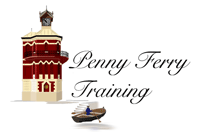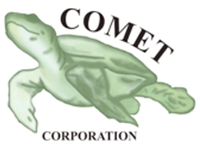This is an Accredited Course, accredited by CATHSSETA, and covers the requirements for learners to become qualified and eligible for Registration as a Nature Site Guide (Level 2)
The course covers the requirements of the Skills Program as determined by SAQA, and training in the range of outcomes defined in the following Unit Standards:
- Unit Standard 8440 "Conduct a guided nature experience in a limited geographical area" Level 2, 21 Credits
- Unit Standard 8478 "Create a guided experience for customers" Level 2, 20 credits
The Course covers Marine and Coastal Guiding or normal Nature Site Guiding for Inland operations. Those interested, thus must specify on application, where they will be guiding so they do the correct Modules.
To achieve the Credits for each Unit Standard, 1 credit translates into 10 notional hours of learning. Thus the Skills Program requires 41 Credits which means approximately 410 notional hours of learning (theory and practical)
Of course different people learn at different rates, and experience in the subject matter can speed up the process, so the Modules are based on the assumption that it will take someone with normal learning abilities, but no experience or prior knowledge, the expected hours stated to complete the theory satisfactorily.
The rest is the Practical component requiring research and further work by the Learner outside of the formal modules, which is expected to take the balance of the time for completion.
The course consists of approximately 20 Modules that cover the above Unit Standards outcomes, as well as detailed information on the flag-ship species in the area. The Modules are generic covering species and locations in general terms, while the Learner applies specific information on local areas and conditions via the use of Practical Assignments.
Each Module consists of a Presentation with Course Notes covering the subject matter, and requires the completion of a multi-choice Quiz to test the knowledge of the Learner.
Some modules are accompanied by Video material, and some have Assignments that also need to be completed and submitted for scoring.
The Assignments are important as they add to the Practical component of the learning by getting the Learner to conduct further research and even carry out some practical exercises. SAQA requires the learning process for outcome-based learning to be on approximately a 60:40 ratio of Practical to Knowledge to help the Learner achieve the specified "goals" or outcomes, as laid down in the required Unit Standard mentioned above.
The Course does not cover the mandatory First Aid Course that Tour Guides are required to achieve before registration with the Tour Guides registrar.
![02: Nature [Marine] Site Guide: Level 2 (Cathsseta Accredited)](/media/k2/items/cache/464131a32be92db1eb03bd70266fdd38_S.jpg)

